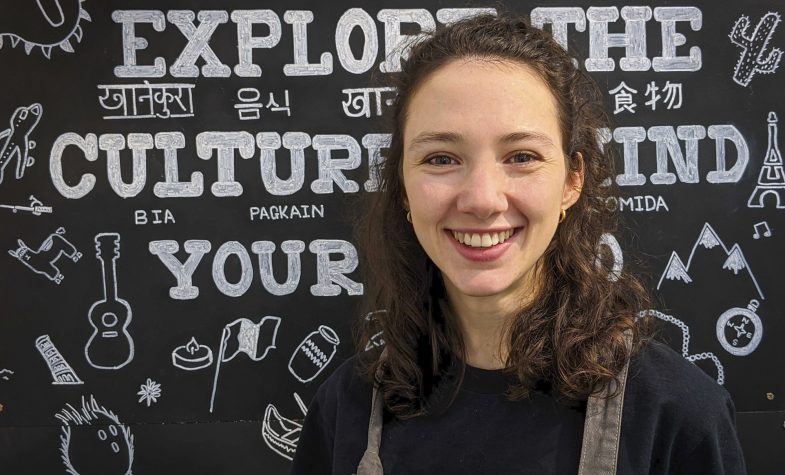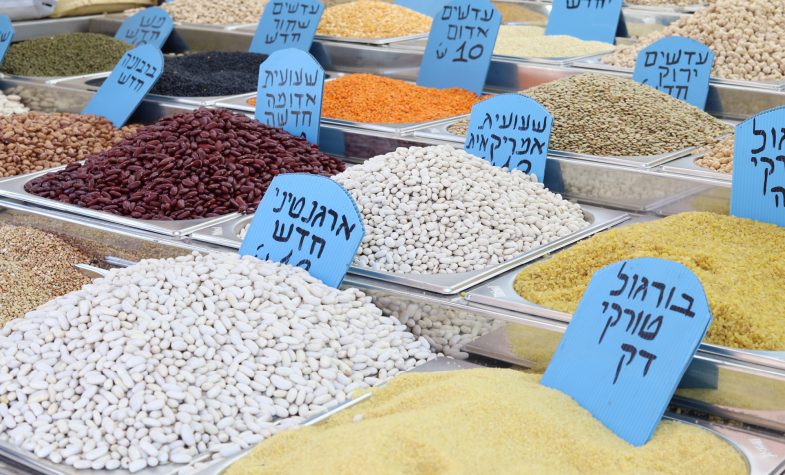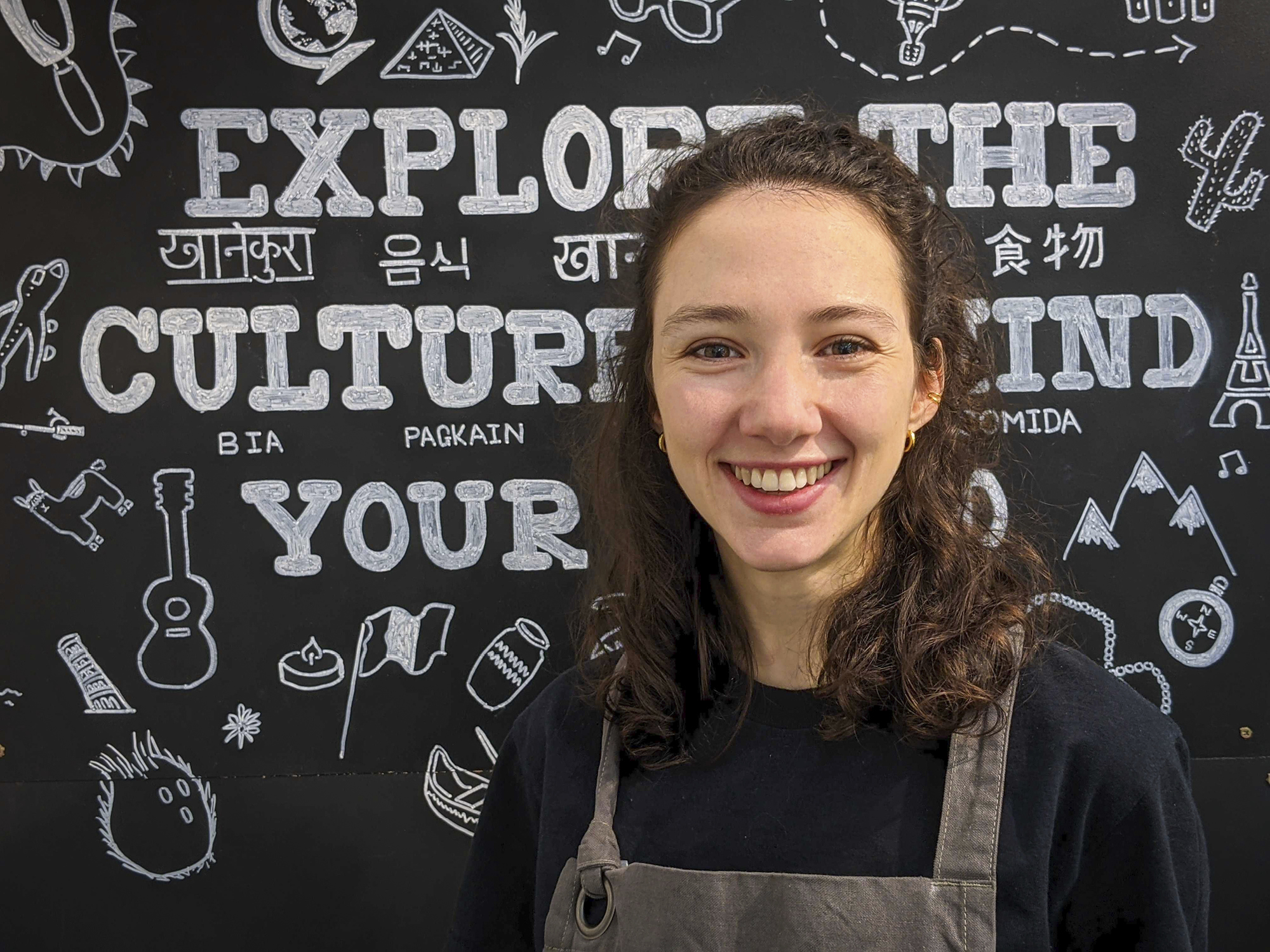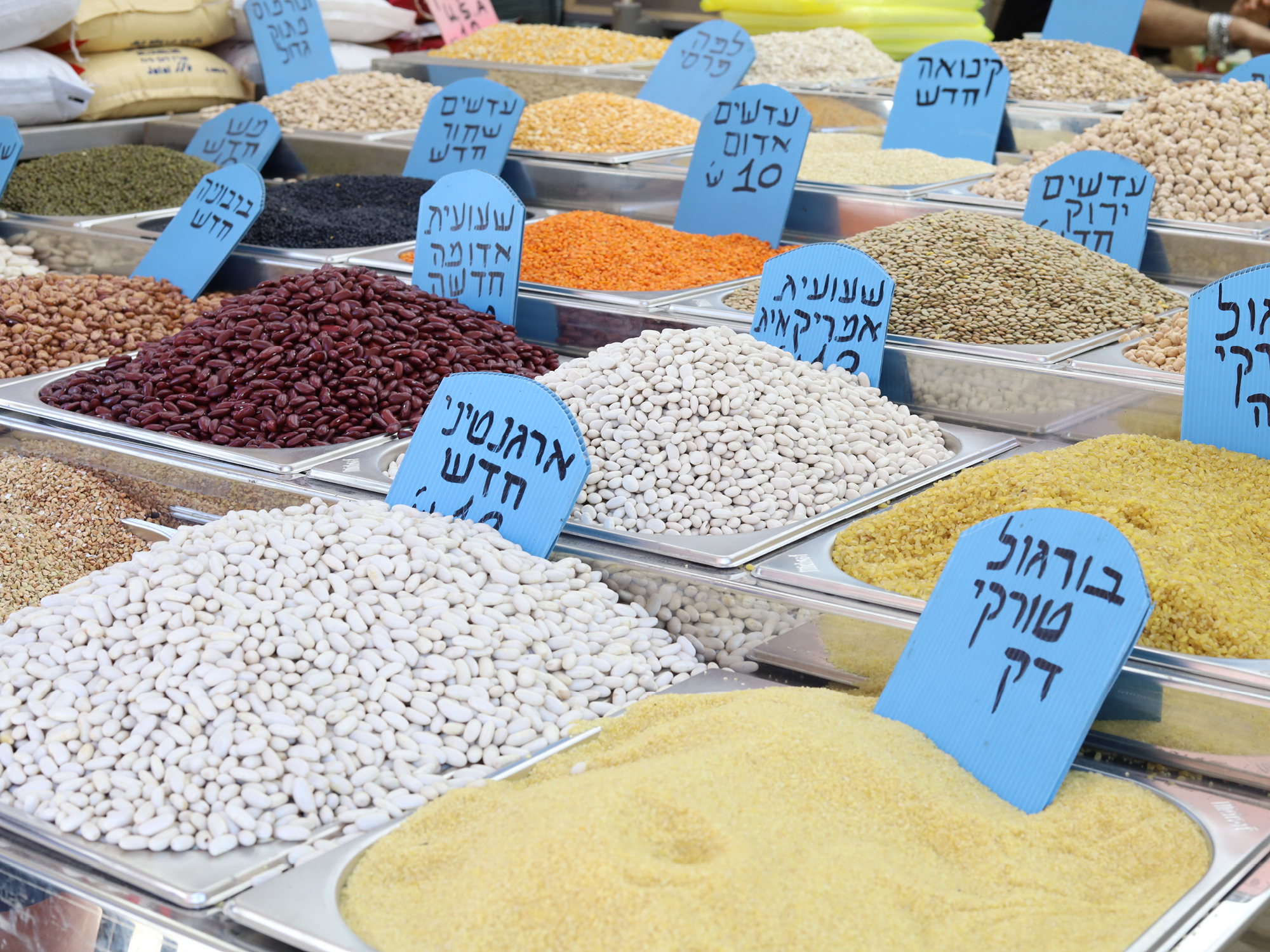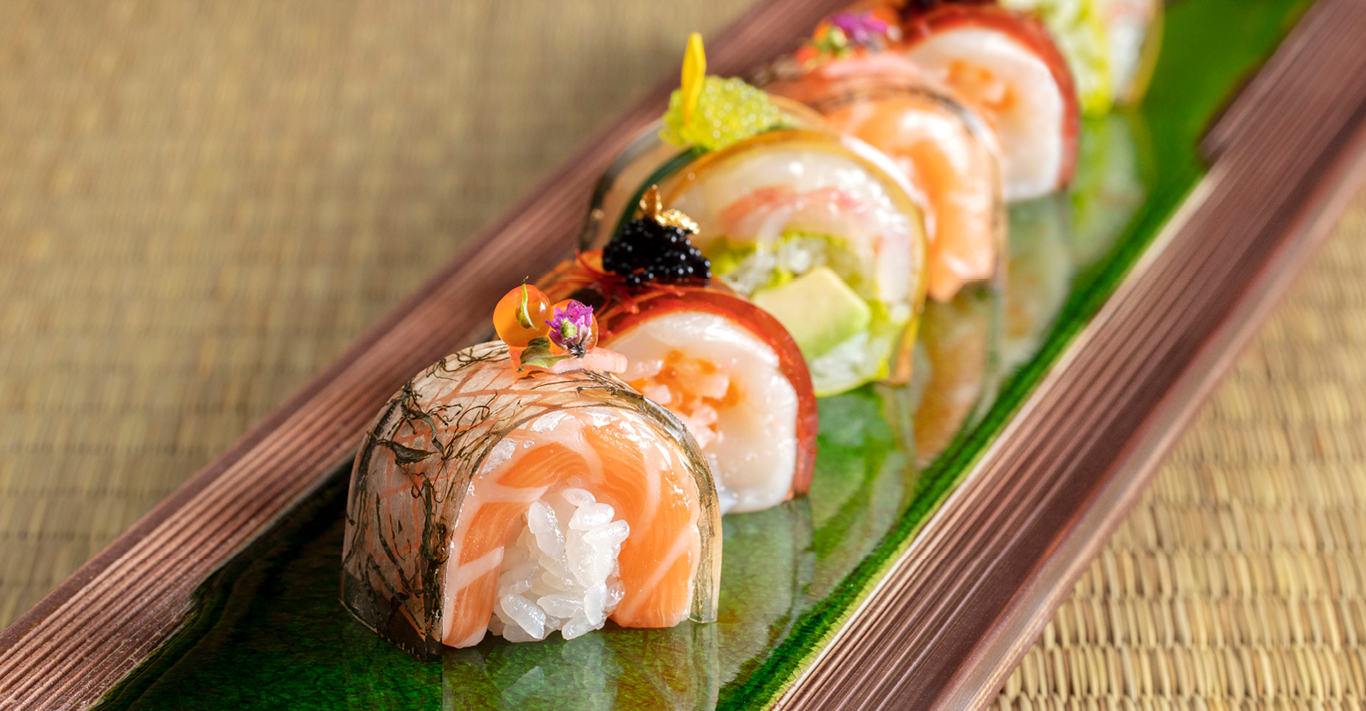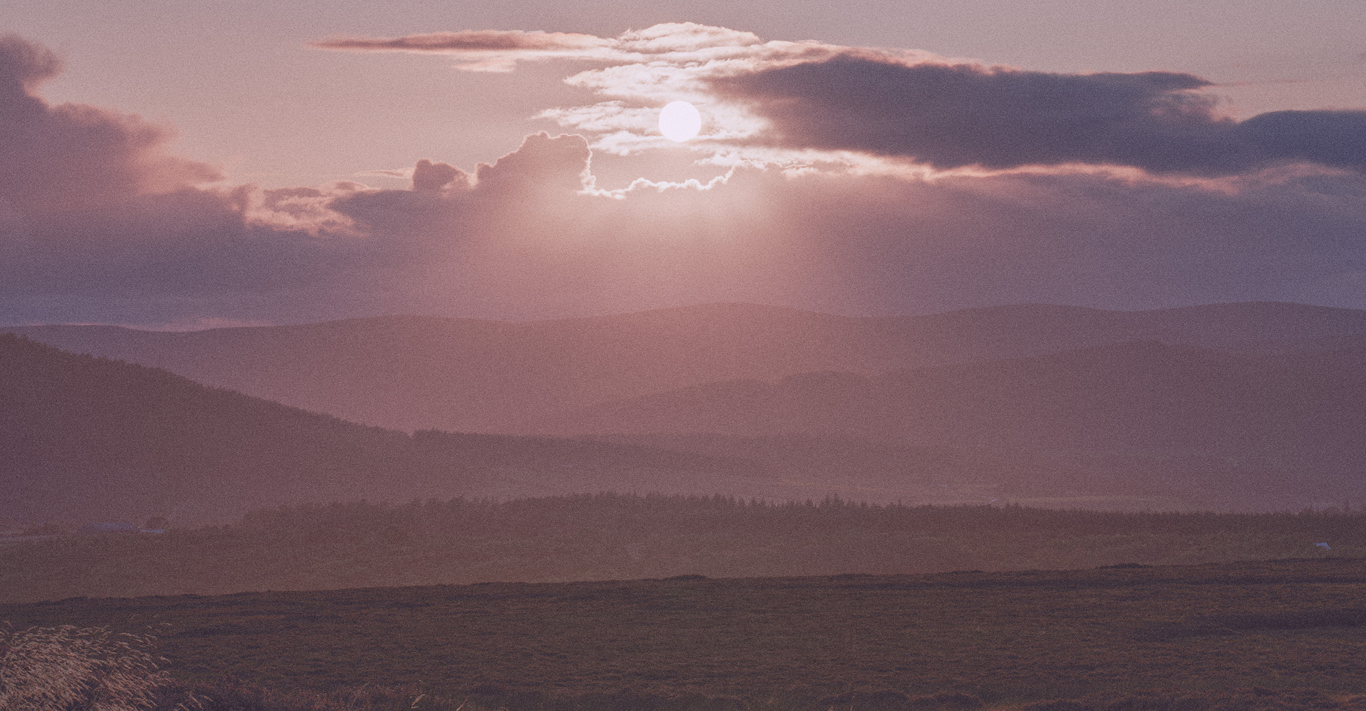Olivia Higgs is one of the founders of Rassa, a new online cooking school aimed at introducing cooks to cuisines and techniques from across the world. She set Rassa up with co-founders Kurt Henderson and Tom Charman in lockdown to help support chefs and people in the hospitality industry while their businesses were closed as well as help people discover the culture, ingredients and dishes behind cuisines from the far edges of the world. Brummell spoke to Olivia about plans for Rassa, the idea behind the platform and the challenges of setting up a business in the pandemic.
Can you introduce us to Rassa?
We’re helping people master hands-on skills, starting with cooking. Over 12 weeks, we take you on a culinary journey and provide you with the specialist tools and ingredients, the expert teachers and the community that you need to learn new techniques, create your own original dishes and learn how to become a more creative chef. Our vision is to help those dedicated to their craft challenge their mindset and develop their creativity.

Why did you decide to set up an online cookery platform?
We probably wouldn’t call ourselves an online cookery platform as we have ambitions to offer a range of hands-on skills via the platform in the future, and each of our current courses go beyond cooking. For example, you’ll be guided around the wet markets of Manila learning about Filipino produce or taught by an Irish hunter about game meats as a sustainable alternative to industrial farming. Think Anthony Bourdain’s Parts Unknown and the conversations around politics, food and culture. As founders we explored these same conversations around food – which was the first step. The second was when we spoke to the chefs, each with their own experience. Instead of the high-stress, long hours of the kitchen, we wanted to create a space that would allow chefs to explore food and share their stories – helping people discover a new cuisine, learn new ways of cooking and develop their own take on food.
What makes Rassa unique?
Rassa is all about learning – from cooking techniques to, one day, even knife-making skills – but it’s also about understanding the stories behind food and gaining a new perspective on often underrepresented cuisines and cultures. When you’re a part of the platform, you’re given all the specialist tools and ingredients you need to get started. You’re also placed into small groups, giving you a community of people to learn with, as well as a way to get direct feedback from your peers and the teachers on everything you’re creating on the platform. On top of that, though, it’s an intimate setting where you’re able to share your experience and memories of food, and a place to discuss the often more difficult conversations around culture and politics. At the end of each course we hope that you’ll walk away with your own view on the cuisine, as well as a guaranteed handful of recipes you’ve created by yourself, as part of the course.
What chefs are you working with and how did you start collaborating with them?
We’re working with some incredible chefs already – from Budgie Montoya who recently opened Sarap Filipino Bistro, to Eyal Jagermann, co-founder of The Barbary and Anan. We started by researching the cuisines we wanted to cover, before finding the chefs that would be best suited to deliver the course. Fundamentally, what we’re building presents our chefs with a way to make a living outside of the kitchen, often doing what they love, which is sharing their stories, food and knowledge with people passionate about cooking.
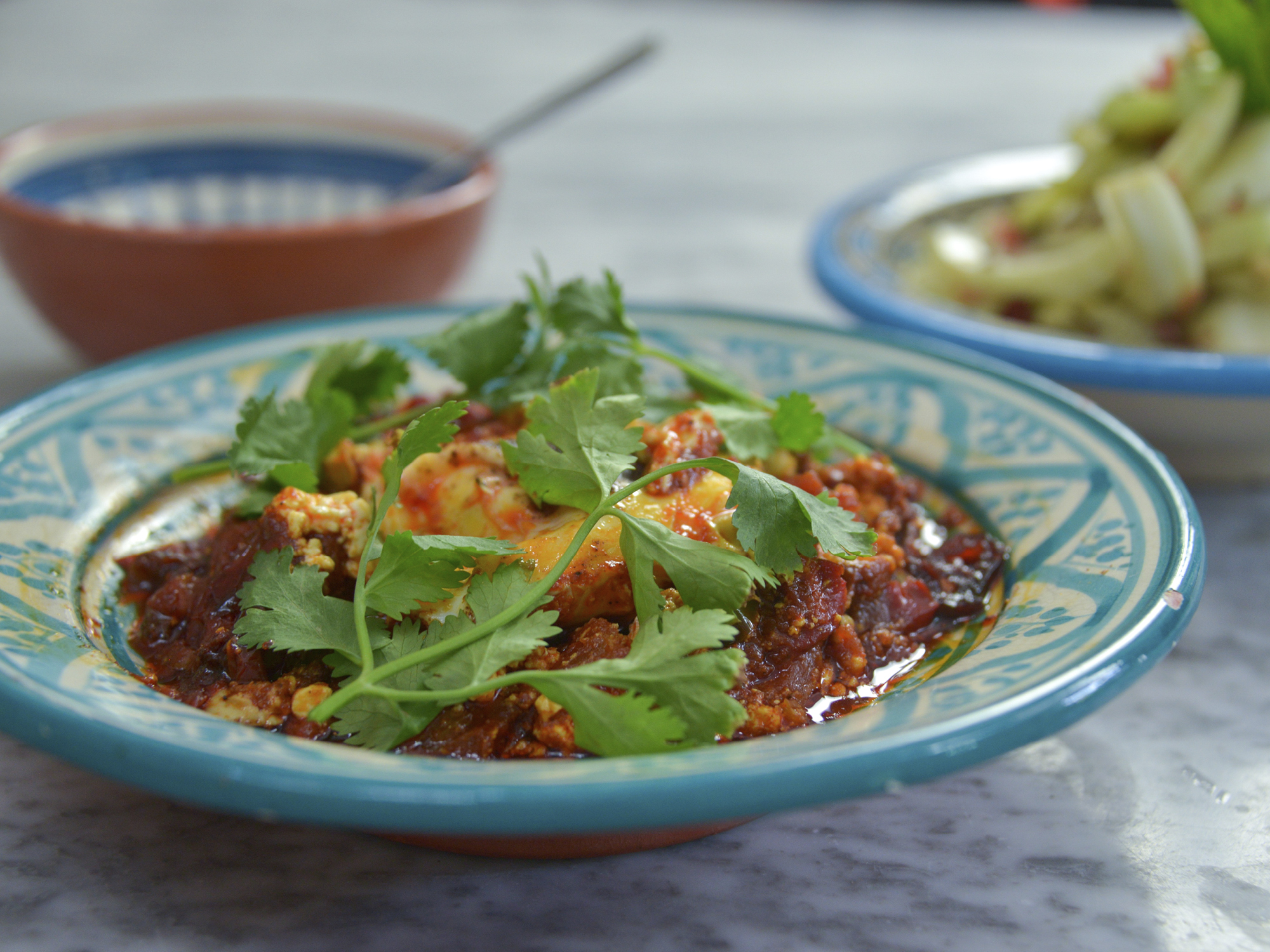
What do you hope users get out of Rassa as a tool and a platform?
There are billions of recipes readily available online, but each year millions of recipe books are still sold. The reason this is the case is because, in part, it’s the personal story that people are looking for when it comes to a cookbook, as opposed to an online recipe. The story, the culture and the experience of cooking is what we’re giving to people who sign up for Rassa. This isn’t a platform for simply following along to a recipe, it’s a way for people to learn how chefs think, how they can develop their own recipes and a way to discover and learn about the historical and cultural context around the food and wider eco system of the country (producers, farmers etc).
Rassa was established in the pandemic, what have the past two years taught you?
The pandemic was a time of no stability, and it taught us to develop a very clear understanding of what we wanted to build. On a limited budget, and as quickly as possible, we needed to understand whether what we wanted to build was what people actually wanted. We built a basic version of the product and put it into the hands of as many people as possible, making almost hourly changes as opposed to developing over months (or even years) to build a perfect product. On top of that though, regulation/rules made things difficult and taught us to be more creative with our ideas – because simply, we had nothing to lose.
The culinary world is still very male dominated, have you found any challenges in establishing yourself as a woman in the industry?
The biggest uphill battle has actually been fundraising. A recent US report showed that funding for female-led businesses has been decreasing in recent years, with just two per cent of capital going to female-founded teams in 2021. I try not to let it get me down though, as it’s forced me to do more with less which, in my opinion, often leads to a better balance sheet in the long term. Plus, I’m lucky in that we’ve had some fantastic investors support us on the journey who believe in what we’re doing.
What are your ambitions for the future of Rassa?
Good question. In the future we want to expand beyond strictly food, into the likes of coffee, wine and even perfume – putting our own Rassa twist on the courses exploring each of these hands-on skills from different regional perspectives and cultures.

